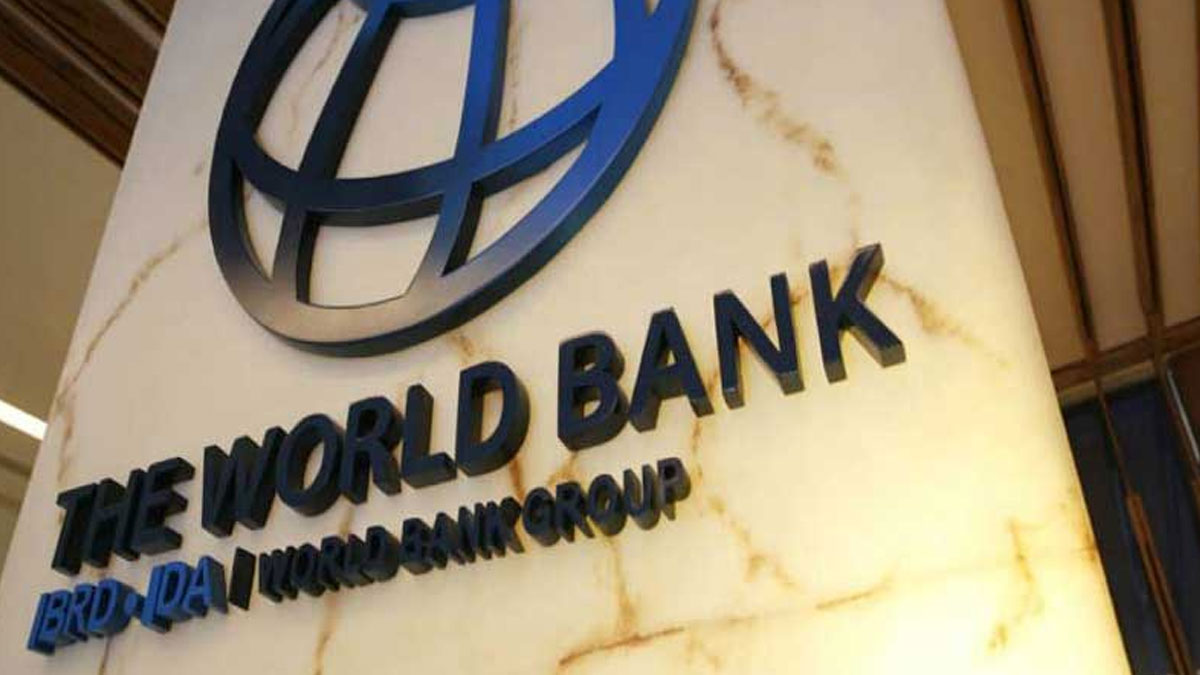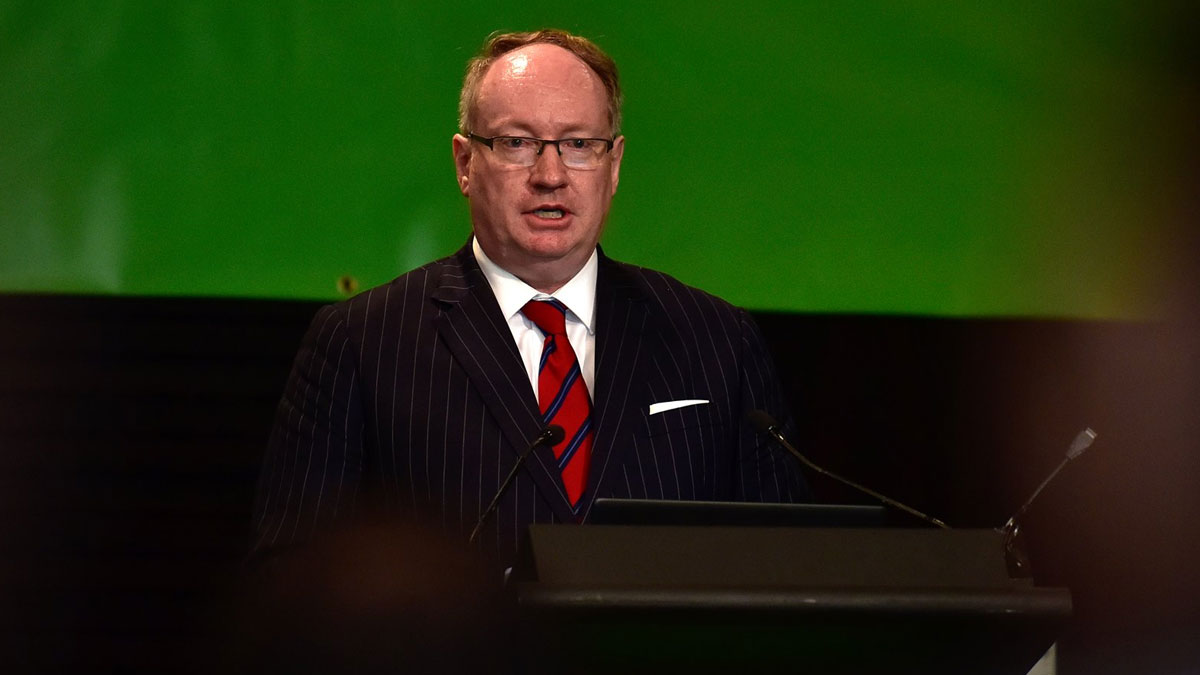
The World Bank technical analysis is recommending the broad application of an increased, single rate of VAT for Fiji in the latest Public Expenditure Review Report.
It says returning to the pre-2016 VAT rate of 15 percent, already partially introduced through the 2022 Revised Budget, appears to be suitable.
The World Bank says this could be implemented in a phased manner (as appropriate) and should have no or strictly limited exceptions, in line with international best practice.
It says the VAT rate change should be complemented with reforms to the registration threshold, voluntary registration, and non-resident suppliers.
The report says the fiscal incidence analysis shows that using the VAT regime to provide relief to poorer households through zero-rating of essential items is costly, and the Public Expenditure Review recommends replacing this with an increase in direct transfers to poor households, for which targeting needs to improve.
It gives scenarios that can be implemented for revenue reform for consolidation.
These include reforming the VAT regime by expanding the VAT rate rise to other goods and services and reversing the zero-rating of VAT on essential items (while compensating low income households for negative impacts); updating the corporate income tax regime and reducing tax incentives; expanding the customs and excise tax regimes; simplifying personal income tax rates and broadening their base; and reversing departure tax reductions as tourism rebounds.
It says a supplementary reform to strengthen domestic resource mobilization should focus on improving revenue administration performance.
The four expenditure reforms recommended are controlling the public wage bill to prevent upward pressures from materializing and achieving a gradual reversal of spending back to 2016 levels; prudently managing capital outlays, allowing for a slight increase to 9 percent of GDP, and making public investment more efficient and effective; transitioning out of sugar sector support; and phasing out pandemic support and restraining other current spending, broadly in line with the forward estimates of the 2022 Revised Budget and 2023 Budget.
The World Bank report says the supplementary expenditure side measures the Government should implement are improving targeting of social protection schemes, and reforming the tertiary education scholarship and loan schemes.
The four complementary public financial management reform areas are continuing prudent borrowing and good debt management practices to reduce costs and risks of public debt; closely monitoring and reducing fiscal risks stemming from contingent liabilities that have been increasing in recent years; improving data collection and information systems to provide an evidence base for fiscal policy, reform design, and impact monitoring; and strengthening strategic fiscal planning and budgeting to guide consolidation efforts over the medium-term in a transparent and accountable manner.
These reforms need to be complemented by business environment reform, fostering private sector development to support growth.
Scenario 1
This scenario comprises reforms to simplify the personal income tax rate structure and lower the tax free threshold, raise the fringe benefit tax, and introduce a dividend withholding tax. It would also eliminate reduced corporate income tax rates and export incentives, extend the increased VAT rate to other goods and services, raise the excise tax on alcohol to previous levels, and implement a modest increase in the departure tax. A removal of the zero-rating of VAT on essential items is combined with an increase in poverty benefit scheme spending to offset negative impacts on lower-income households.
Expenditure measures will support fiscal consolidation by focusing on the wage bill, tertiary spending and sugar subsidies.
These revenue measures are supplemented by slightly lower nominal wage bill growth in 2024, a reduction in tertiary education scholarship and loan scheme spending, and a modest cut in other current spending. A gradual reduction in sugar sector subsidies is partially offset by redirected agriculture support spending to provide an enabling environment (including basic agricultural research and development). No cuts to baseline capital spending are made in order to limit negative long-term impacts on growth and maintain a minimum spending level to fund investments in public service delivery and climate and disaster resilience.
The report says the moderate consolidation scenario puts Fiji on a pathway to reducing its debt to GDP ratio, which would fall to around 65 percent by 2032. This scenario would result in the government meeting the majority of the objectives. However, this scenario would still leave the debt-to-GDP ratio well above its pre-crisis level of around 50 percent, which was considered high prior to the pandemic given Fiji’s substantial exposure to shocks.
Scenario 2
The ambitious fiscal consolidation scenario assumes the implementation of further, more aggressive revenue measures, and a more comprehensive expenditure reform package.
It considers selected additional revenue reforms over 2023 to 2027: the reversal of the fuel duty reduction (implemented as part of the 2022 Revised Budget); the introduction of an excise tax on sugar(y) products; a further rise in the departure tax to pre-crisis levels; and the implementation of a revenue administration improvement program, partially offset by its costs.
Expenditure-side reforms include an extension of the lower nominal wage bill growth until 2025; the full phaseout of sugar sector subsidies, partially offset by agriculture support spending; a further modest reduction in tertiary education support; and additional modest cuts to other current spending.
Capital spending increases to 9 percent of GDP are maintained in this reform scenario, which is considered the minimum necessary to fund investments in public service delivery and resilience. The report says the only path for Fiji to return to pre-crisis debt levels is through the ambitious fiscal consolidation pathway.
The World Bank says the results show that the Government needs to implement substantive revenue and selected, well-targeted expenditure reforms to chart a downward trajectory for public debt.
In both Scenarios 1 and 2, interest as a share of GDP returns to pre-COVID-19 levels (at varying speeds), which is essential to avoid the crowding out of more productive spending.
The World Bank says to achieve their overarching debt targets, the authorities in Fiji need to implement reforms at least as ambitious as those set out in Scenario 1. However, Scenario 1 is close to a zero primary balance scenario where growth would be the only debt reduction driver.
The other fiscal targets are only consistently achievable with more ambitious reforms, in line with those included under Scenario 2.
It says only Scenario 2 reaches pre-pandemic debt levels within a decade, which are still considered high for a country exposed to frequent shocks.
The report says the ambitious consolidation path illustrated under Scenario 2 is particularly worth considering by the authorities, as the high disaster risk and exposure to climate change impacts as well as the uncertain global outlook warrant the rapid rebuilding of fiscal buffers and the freeing up of fiscal space for growth-and resilience-enhancing investments.
Stay tuned for the latest news on our radio stations


